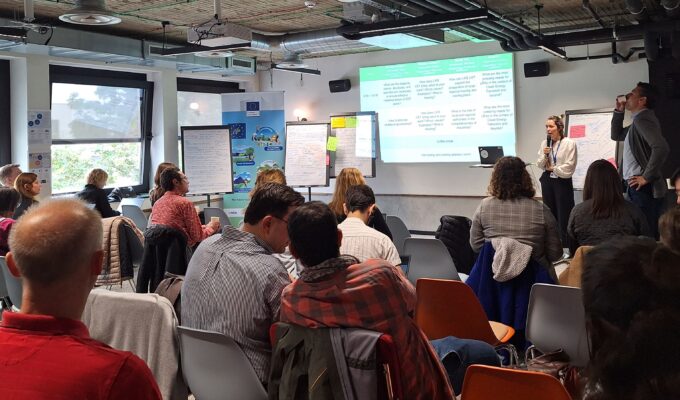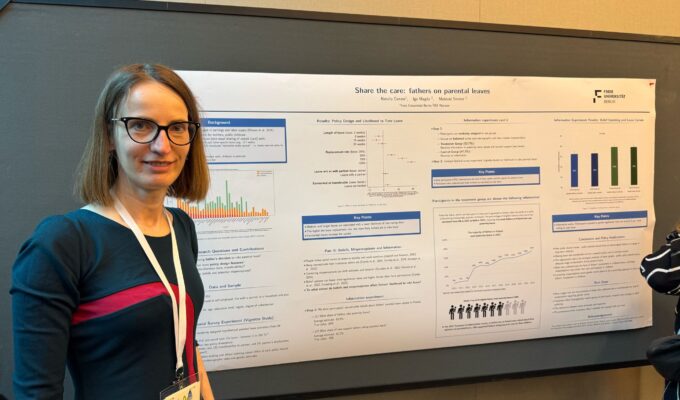
2022-03-10
Institute for Structural Research stands with Ukraine
The Institute for Structural Research unequivocally and firmly condemns and opposes Russia's armed aggression against Ukraine.
see more

2025-04-25
ELMI 2025 Conference in Warsaw
The ELMI research network Conference ‘Jobs, Skills, and Productivity in Structural Transformations’ will take place in Warsaw on 7-8 October 2025.
see more

2025-05-15
ECONOMIST (POST-DOC)
The Institute for Structural Research (IBS) is seeking a candidate for the Economist (Post-Doc) position.
see more

2025-04-29
Research Ethics Committee of IBS and CenEA
The committee, a joint initiative of IBS and CENEA, was established in January 2025. It reflects the responsibility and awareness of both institutions regarding the growing need to maintain standards in scientific research.
see more




